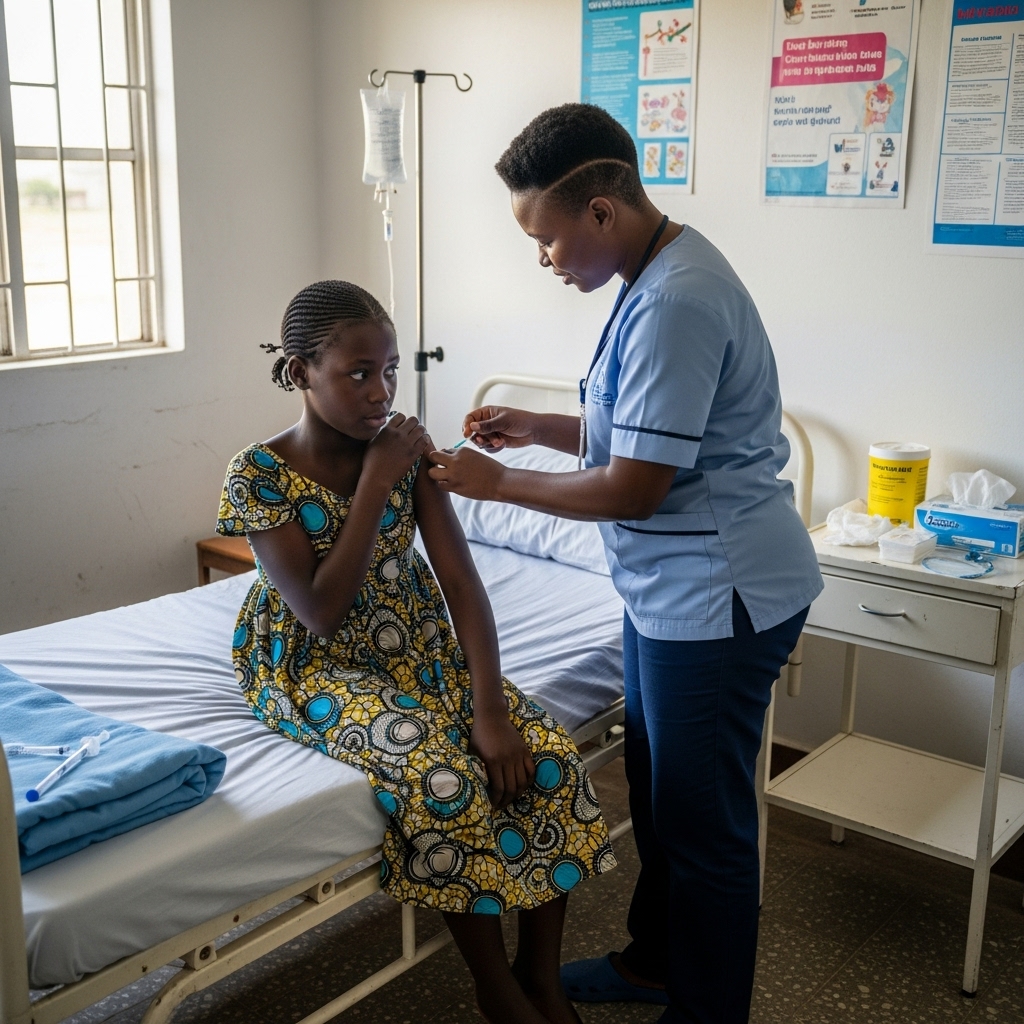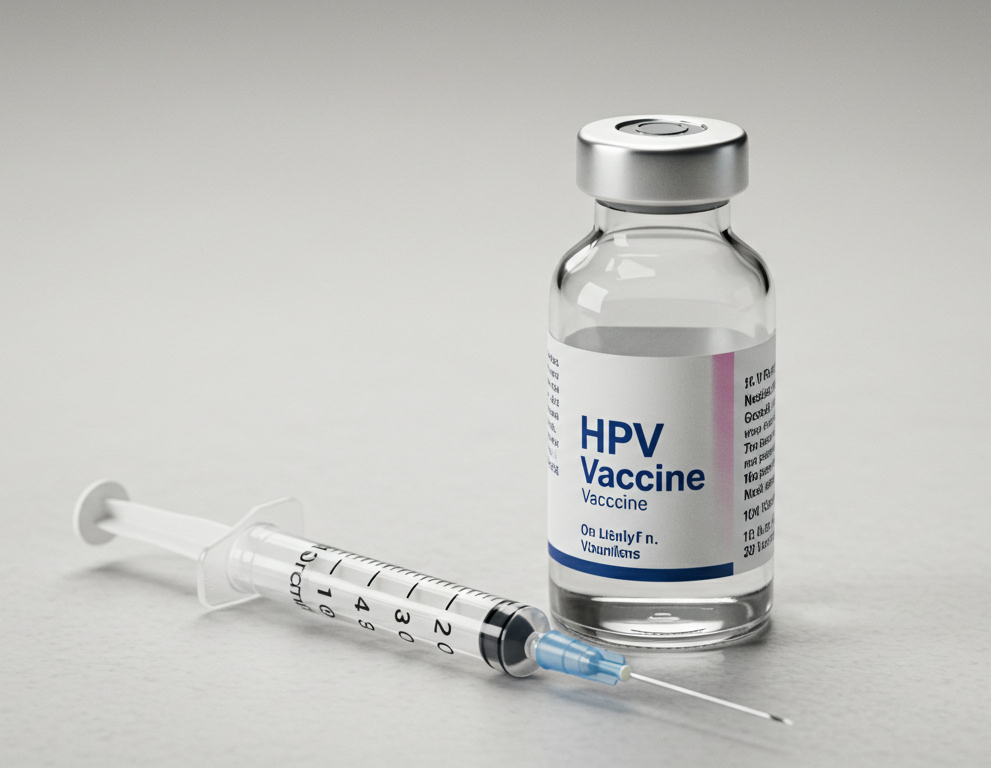Ghana is set to revolutionize its fight against cervical cancer by adopting an age-based approach for its upcoming Human Papillomavirus (HPV) vaccination campaign, shifting away from the traditional grade-based model. Announced ahead of the nationwide rollout scheduled for September, this strategy targets all girls in the nine-year-old age cohort, ensuring that eligibility is determined by age rather than school grade—a move designed to capture out-of-school children and bolster immunization coverage.
Acting Programmes Manager for the Expanded Programme on Immunization at the Ghana Health Service, Dr. Selorm Kutsoati, emphasized that this targeted vaccination drive will focus on approximately 2.26 million young girls, reflecting the government’s commitment to reducing the burden of HPV infections that can lead to cervical cancer. By prioritizing the nine-year age group, health authorities aim to deliver protection before the onset of sexual activity, thereby maximizing the vaccine’s preventive potential.
The government has secured sufficient vaccine doses for the campaign, with over 2.5 million units expected to be delivered by UNICEF, the lead procuring agency. The first shipment, comprising 441,860 doses, has already arrived ina Ghana and will be dispatched to regional and district health directorates over the coming weeks. This logistical preparedness underscores Ghana’s determination to leave no eligible girl behind when immunization activities commence.
Highlighting the urgency of the intervention, Dr. Kutsoati recalled that cervical cancer, once predominantly affecting older women, now claims the lives of many aged 25 to 44. “And the thing with the cancer is, unfortunately, years ago, it used to be a cancer of much older women. But now we are seeing that it’s a big cause of death for women aged 25 to 44. It’s a very large number of women,” she explained, noting that lessons from earlier pilot studies—conducted on a school-grade basis—have informed the shift to an age-based model to improve reach and equity.

Extensive stakeholder engagements have underpinned the campaign’s design, ensuring that communication materials are both culturally resonant and scientifically accurate.
“ By integrating the HPV vaccine into Ghana’s national routine immunization programme, the government aims to provide long-term protection for young girls and empower them to become healthier women, capable mothers, and strong leaders. So really, what we are giving is not just targeting cervical cancer but also the added benefit of preventing genital warts as well. It’s very efficacious and very safe ”
Dr. Selorm Kutsoati
The chosen HPV vaccine, already registered by Ghana’s Food and Drugs Authority, has been in use for over a decade and demonstrated high efficacy against the HPV strains most commonly associated with cervical cancer in Ghanaian women. “We did not withdraw a whole variety of vaccines for cervical cancer, but rather narrowed down on one that would be most effective against the strains that cause cervical cancer here,” Dr. Kutsoati affirmed, underscoring the importance of context-specific vaccine selection.
While vaccination represents a cornerstone of long-term cancer prevention, Dr. Kutsoati acknowledged that it must be complemented by robust screening and early-detection measures to curb existing disease. Integrating the HPV vaccine into the national routine immunization programme is therefore envisioned as part of a multifaceted strategy.
Cervical cancer remains a significant public health challenge in Ghana, with an estimated 2,797 new cases diagnosed annually and approximately 1,699 deaths each year. Health authorities anticipate that the age-based vaccination approach will dramatically reduce the incidence of cervical cancer over the next two decades, safeguarding the health and futures of successive generations of Ghanaian women.

As Ghana prepares to launch this landmark immunization drive, the Ministry of Health and its partners are finalizing training for healthcare workers, awareness programmes for communities, and monitoring frameworks to track vaccination uptake and safety. By pioneering an age-focused strategy tailored to local epidemiology and social dynamics, Ghana aims to set a new benchmark for HPV prevention in West Africa—and demonstrate that strategic innovations can accelerate progress toward eliminating cervical cancer as a public health threat.
Source: Ghana to launch age-based HPV vaccination campaign targeting over 2m girls | 3News



